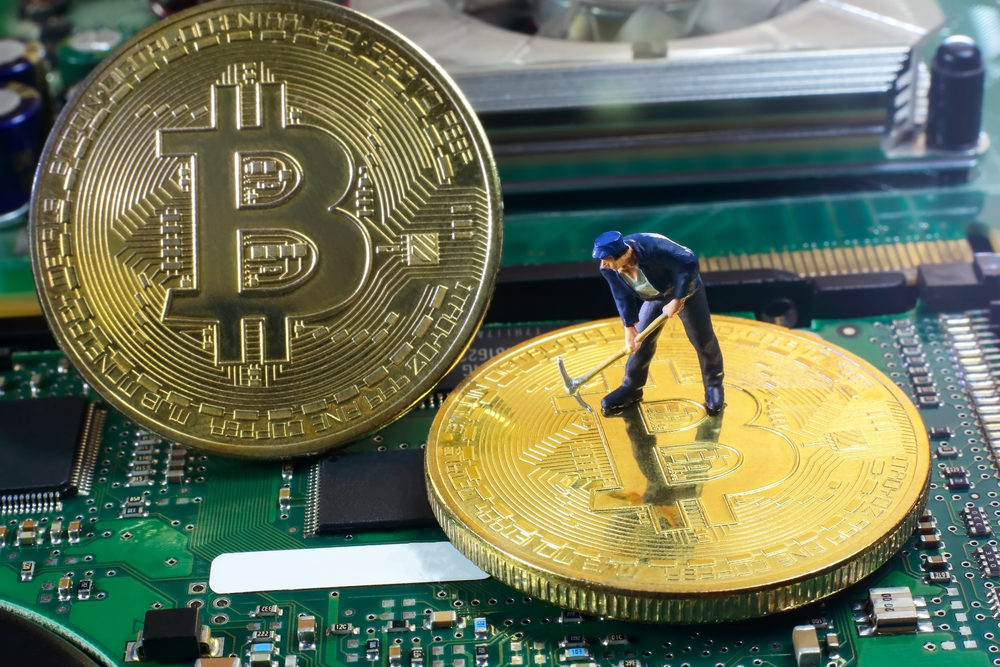Despite the rise in mainstream media adopting a more positive stance on cryptocurrencies, at least in terms of reporting on the actual news relating to the subject, the regulatory environment remains as murky and as uncertain as ever. Bitcoin and other cryptocurrencies are banned in around a half-dozen countries around the world and it remains to be seen how some of the major economies will decide to deal with ICOs. Still, despite the uncertainty, coins need to be mined and it is more likely than not that the cost to mine a single bitcoin is only likely to grow over time.
Disclosure: This is a Sponsored Article
To begin with, electricity usage is going higher and higher, and given the strong pricing power electric utility companies tend to have, the prices will increase over time and likely top that of inflation. More importantly, the difficulty of mining bitcoin will increase over time, that’s because there are more than 16.8 million bitcoin tokens in circulation, leaving fewer than 4.1 million left to be mined. As that difficulty increases and block rewards decline, the margin for mining bitcoin is probably going to decrease. Said differently, if bitcoin’s price keeps falling, or if mining costs keep climbing, mining operations will probably go through consolidation phase and relocate to a handful of most profitable countries. On that note, recently published analysis conducted by Elite Fixtures, which examined the electricity costs of 115 countries, revealed that 24 countries on the list had mining costs for a single bitcoin that topped $10,000, while in South Korean this rose to $26,000 per token.
Of course, you can try your luck with buying into various ICOs and coins that are traded on various exchanges, but given the recent volatility, there is a high probability that you won’t reap rewards as soon as you hoped and worse yet, ever. What makes mining pools such an attractive proposition is that it is a way for multiple units to work together across the internet, combining resources towards the mining of a block by co-operating with each other. Also, mining Bitcoin from mining pool is a lot cheaper than buying Bitcoin from an Exchange. In the end, the pay-out related to the operation is split proportionally between the participants and while this method is not as financially rewarding as solo mining operation, it does provide much more consistent and frequent revenue stream. Oasis Mining, one such platform, allows users to take advantage of a wide range of mining related services, with miners also enjoying the option to mine Ethereum and Bitcoin Cash. Mining starts on the April 1 2018, with initial trading pairs: BTC/BCH, BTC/ETH. The company claims to offer industry-wide competitive pre-sales prices along with a transparent pricing structure and immediate withdrawals. If this wasn’t enough, Oasis Mining also allows users to sell the hashpower of their hardware to a growing community of miners and the company’s farm is located in an area with a stable electricity supply with new mining hardware run in full capacity. The platform offers SHA-256 (S9) miners, the most effective Bitcoin mining hardware.

